Commenting on the draft Law on the Organization of People's Courts, delegate Duong Khac Mai (Dak Nong) agreed with the proposal to promulgate the law in a shortened order. In the provision regulating the organization of the court apparatus, delegate Duong Khac Mai agreed with the draft when the activities of the high-level people's court and district-level court end. Military courts are kept the same as the current law.
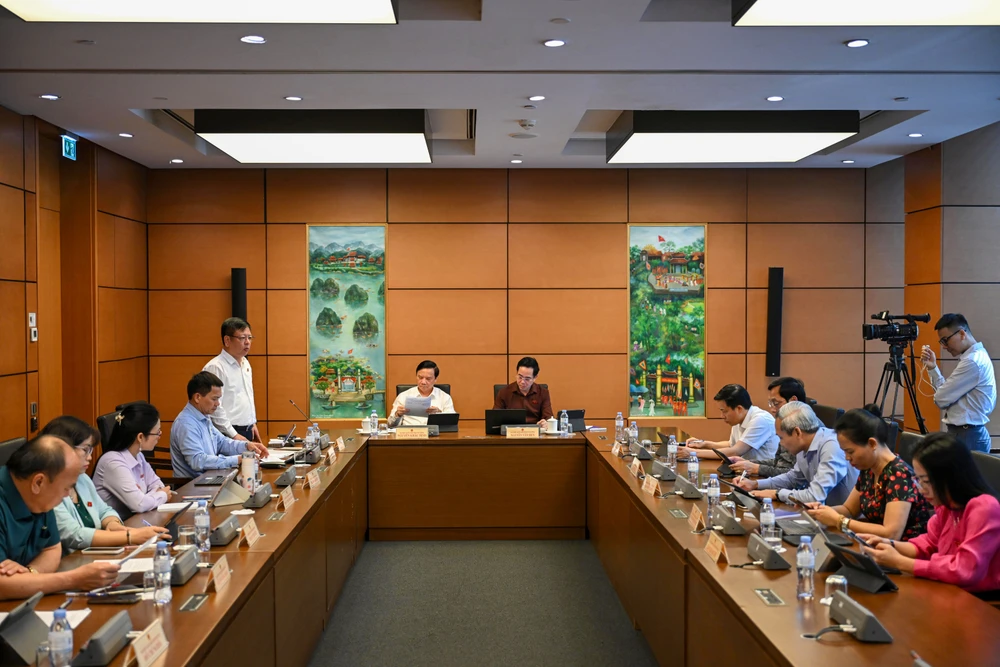
Meanwhile, delegate Nguyen Truong Giang (Dak Nong) was concerned about the content of "expanding the source of appointment of judges of the Supreme People's Court to be department heads and equivalent". "Judges of the Supreme People's Court are approved by the National Assembly, this title is different from the title of prosecutor of the Supreme People's Procuracy. Therefore, the source of appointment from the rank of department heads and equivalent to become supreme judges is to lower the standards, I do not agree", delegate Nguyen Truong Giang expressed his opinion.
In particular, regarding the proposal to increase the number of Supreme People's Court judges from 13-17 to 23-27 people, delegate Nguyen Truong Giang affirmed that if the method does not change, then increasing the number of judges by 10 to 100 more will not be okay.
The delegate cited “Before the Law on Organization of People’s Courts 2014, with the old way of doing things, the number of judges working at the Supreme People’s Court was 120 people to do the work of appeal, but it was still not enough. Now it is proposed to increase to 23-27 judges to handle all the appeal work of the high-level people’s court and transfer it to the Supreme People’s Court. The delegate suggested changing the way the work is done, not everything can be brought to the Supreme People’s Court Council; changing the way of considering appeal recommendations. “Without changing the way of doing things, 27 judges can meet all day and all night,” the delegate commented.
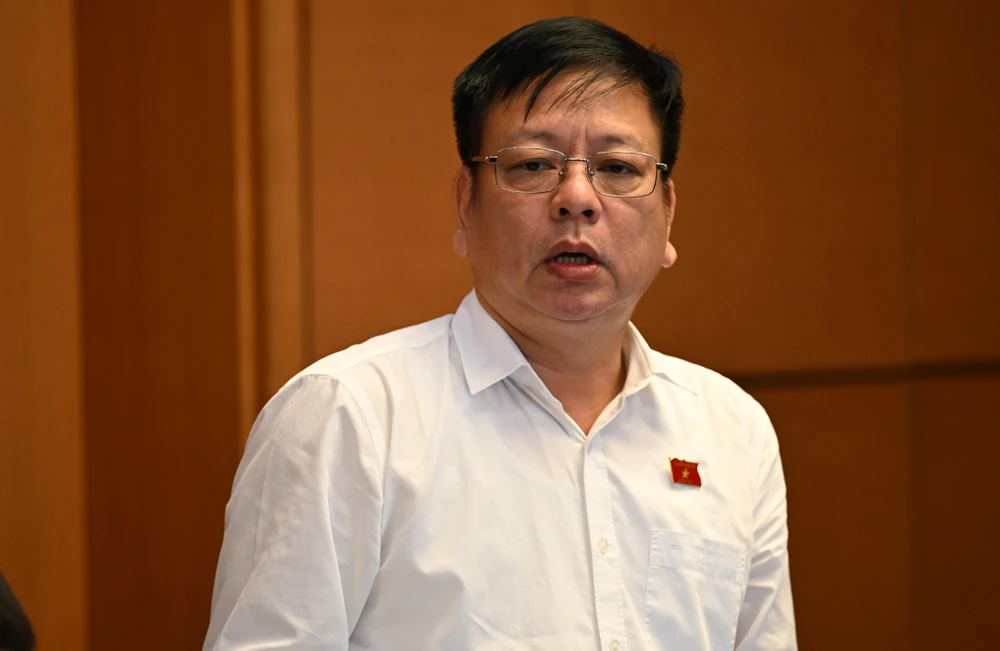
Following delegate Nguyen Truong Giang, delegate Duong Khac Mai asked: is it because we are lacking judges that we are now lowering the standards of judges? The delegate suggested that the selection standards should be equal to the current ones or higher. “The nature of cases and cases is becoming more and more complicated. There are more types of crimes, and in addition, the appointment of judges must have experience in the trial process. Trials are related to human rights, civil rights, and the political lives of organizations and individuals,” the delegate suggested.
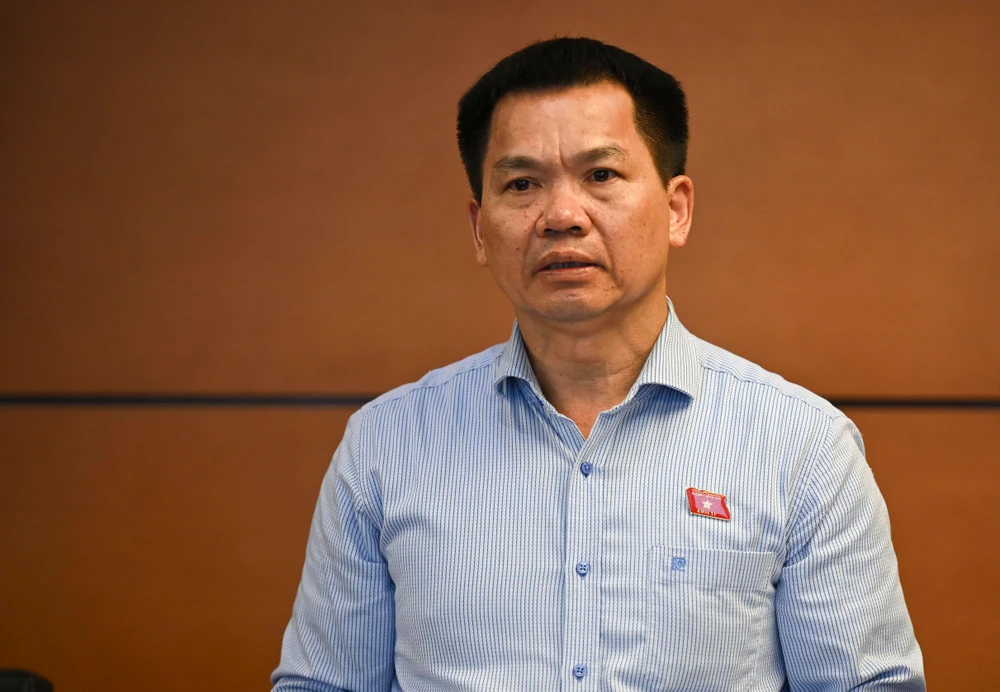
Discussing with delegates about the draft Law on the Organization of People's Courts and People's Procuracies, Vice Chairman of the National Assembly Nguyen Khac Dinh said that these two laws are related to each other. Previously, the Committee on Judicial Law proposed that the Government seek the Politburo's opinion on three issues (increasing the number of judges of the Supreme People's Court from 13-17 to 23-27; organizing appeal courts within the Supreme People's Court; organizing 355 regional courts).
Some opinions say that in the draft law, the standards for appointing judges are "lowered". Vice Chairman of the National Assembly Nguyen Khac Dinh affirmed that this is not a lowering, it can be called "expanding the subjects", but in reality, it is very difficult to achieve the appointment standards. Vice Chairman of the National Assembly Nguyen Khac Dinh also expressed his opinion that it is impossible to appoint judges of the Supreme People's Court for the general title of department head, but must be a specialized and professional department head at the people's court, with a term of more than 5 years.
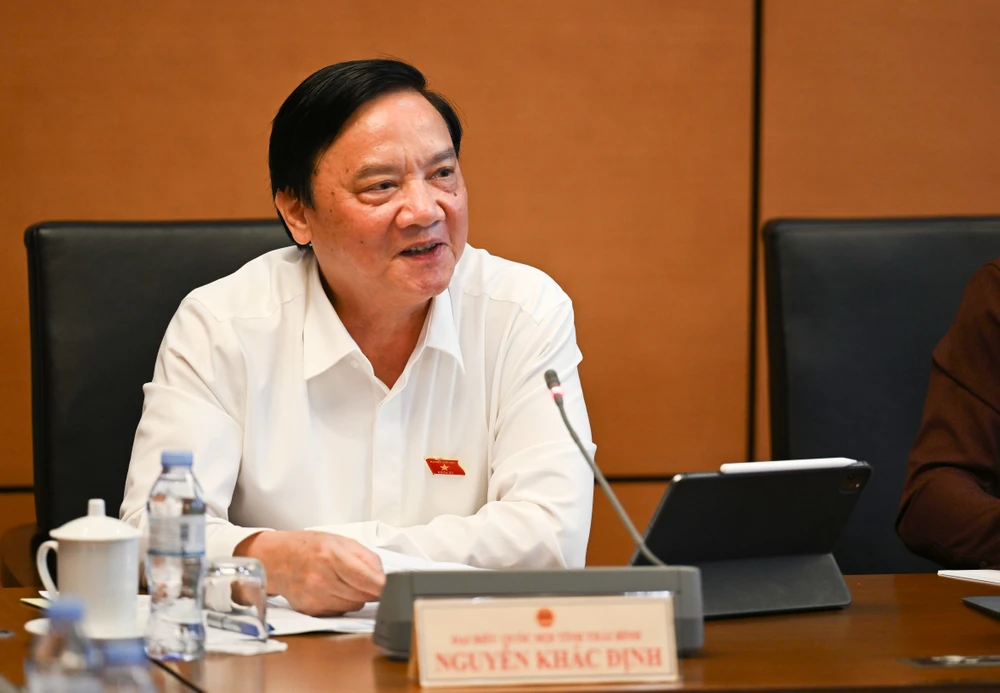
Vice Chairman of the National Assembly Nguyen Khac Dinh also provided more information about the process of completing the above 3 draft laws. The amendment of the 3 draft laws is to meet the requirements of rearranging the organization of the political system, especially the apparatus of the inspection, court and procuracy systems. When advising the National Assembly Standing Committee, the National Assembly and the drafting committee tried to arrange the laws to be presented together and discussed together.
According to the Vice Chairman of the National Assembly, the above 3 laws were drafted by 3 agencies on a large scale, with a lot of information, then submitted to the Politburo for comments. The Politburo has concluded that if there is anything different in the institutionalization of the laws, it must be consulted again. "The draft of the 3 laws presented to the National Assembly today, the presiding agencies have received many comments and have revised the documents," Vice Chairman of the National Assembly Nguyen Khac Dinh informed.
Participating in giving comments on the draft Law on Inspection (amended), delegate Duong Binh Phu (Phu Yen) said that with the organization of inspection agencies, after reorganizing inspection units according to the 2-level model, there will certainly be changes in the relationship between inspection agencies and between officials.
The delegate suggested clarifying and supplementing more details about these relationships. Along with that, clarifying more about the authority of the inspector; the rights in inspection activities, because this will directly affect the rights of individuals and organizations. Regarding inspection activities, delegate Duong Binh Phu commented that in the draft, it is determined that the agencies assigned to perform specialized inspection functions previously (ministries, ministerial-level agencies, specialized agencies of the Provincial People's Committee...) will switch to performing specialized inspection functions.
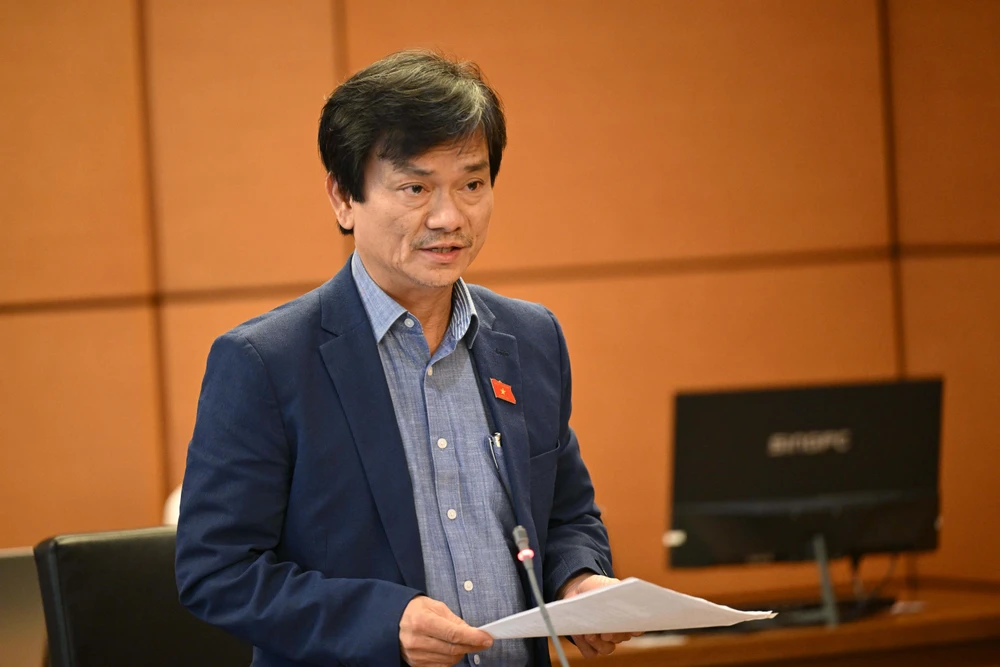
With this content, according to the delegate, in the current legal system, the inspection function is stipulated in many legal documents. In reality, if there are no specific regulations, the implementation of inspection activities in state management agencies is difficult, due to unclear processes and procedures (because ministries and branches basically no longer have inspection functions).
“If there is no adequate legal framework to carry out inspection activities, it will greatly affect state operations. Therefore, I propose to study and add principles for handling overlapping inspection and examination activities to ensure that there is no overlapping, leading to state management entities having to continuously receive inspection delegations, causing frustration,” delegate Duong Binh Phu raised the issue.
Source: https://www.sggp.org.vn/khong-the-bo-nhiem-tham-phan-tu-vu-truong-khong-chuyen-mon-post794337.html


![[Photo] General Secretary concludes visit to Azerbaijan, departs for visit to Russian Federation](https://vphoto.vietnam.vn/thumb/1200x675/vietnam/resource/IMAGE/2025/5/8/7a135ad280314b66917ad278ce0e26fa)
![[Photo] General Secretary To Lam begins official visit to Russia and attends the 80th Anniversary of Victory over Fascism](https://vphoto.vietnam.vn/thumb/1200x675/vietnam/resource/IMAGE/2025/5/8/5d2566d7f67d4a1e9b88bc677831ec9d)
![[Photo] National Assembly Chairman Tran Thanh Man chairs the meeting of the Subcommittee on Documents of the First National Assembly Party Congress](https://vphoto.vietnam.vn/thumb/1200x675/vietnam/resource/IMAGE/2025/5/8/72b19a73d94a4affab411fd8c87f4f8d)
![[Photo] President Luong Cuong presents the decision to appoint Deputy Head of the Office of the President](https://vphoto.vietnam.vn/thumb/1200x675/vietnam/resource/IMAGE/2025/5/8/501f8ee192f3476ab9f7579c57b423ad)

![[Photo] Prime Minister Pham Minh Chinh meets with the Policy Advisory Council on Private Economic Development](https://vphoto.vietnam.vn/thumb/1200x675/vietnam/resource/IMAGE/2025/5/8/387da60b85cc489ab2aed8442fc3b14a)
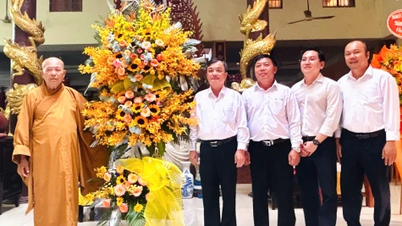

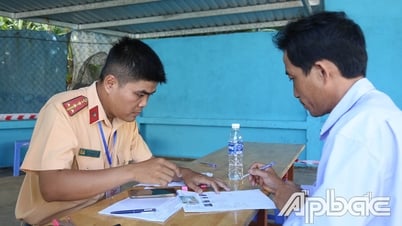
![[Infographic] Instructions on steps to contribute ideas to amend the 2013 Constitution on VNeID](https://vphoto.vietnam.vn/thumb/402x226/vietnam/resource/IMAGE/2025/5/8/c61c8c11815c4691848ae93a3e567ef7)




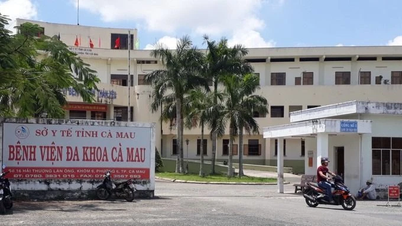


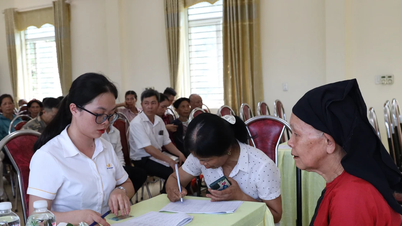
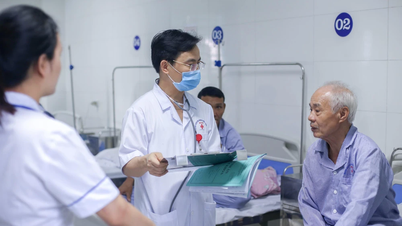

































![[Photo] Prime Minister Pham Minh Chinh talks on the phone with Singaporean Prime Minister Lawrence Wong](https://vphoto.vietnam.vn/thumb/402x226/vietnam/resource/IMAGE/2025/5/8/e2eab082d9bc4fc4a360b28fa0ab94de)











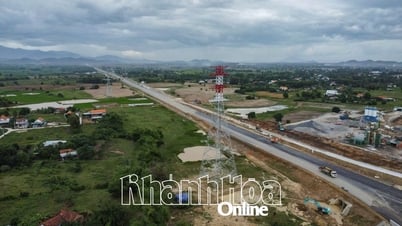


















Comment (0)